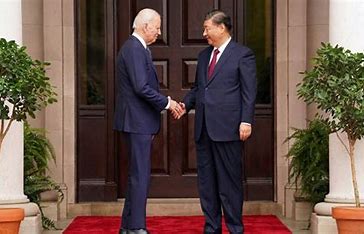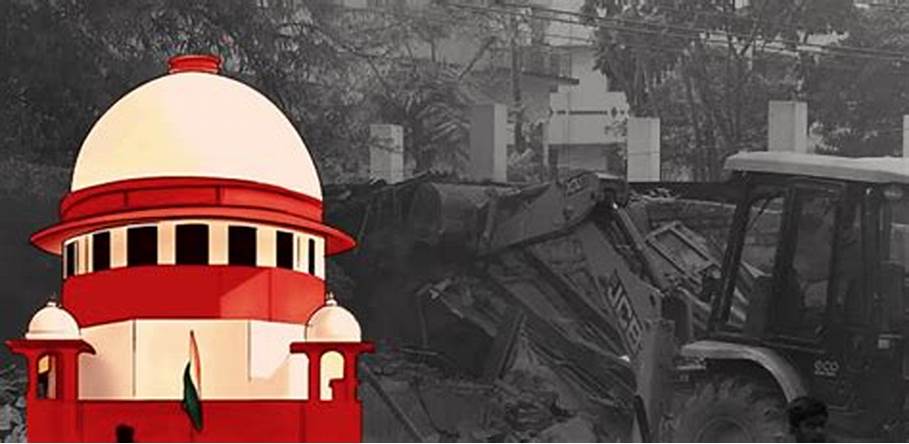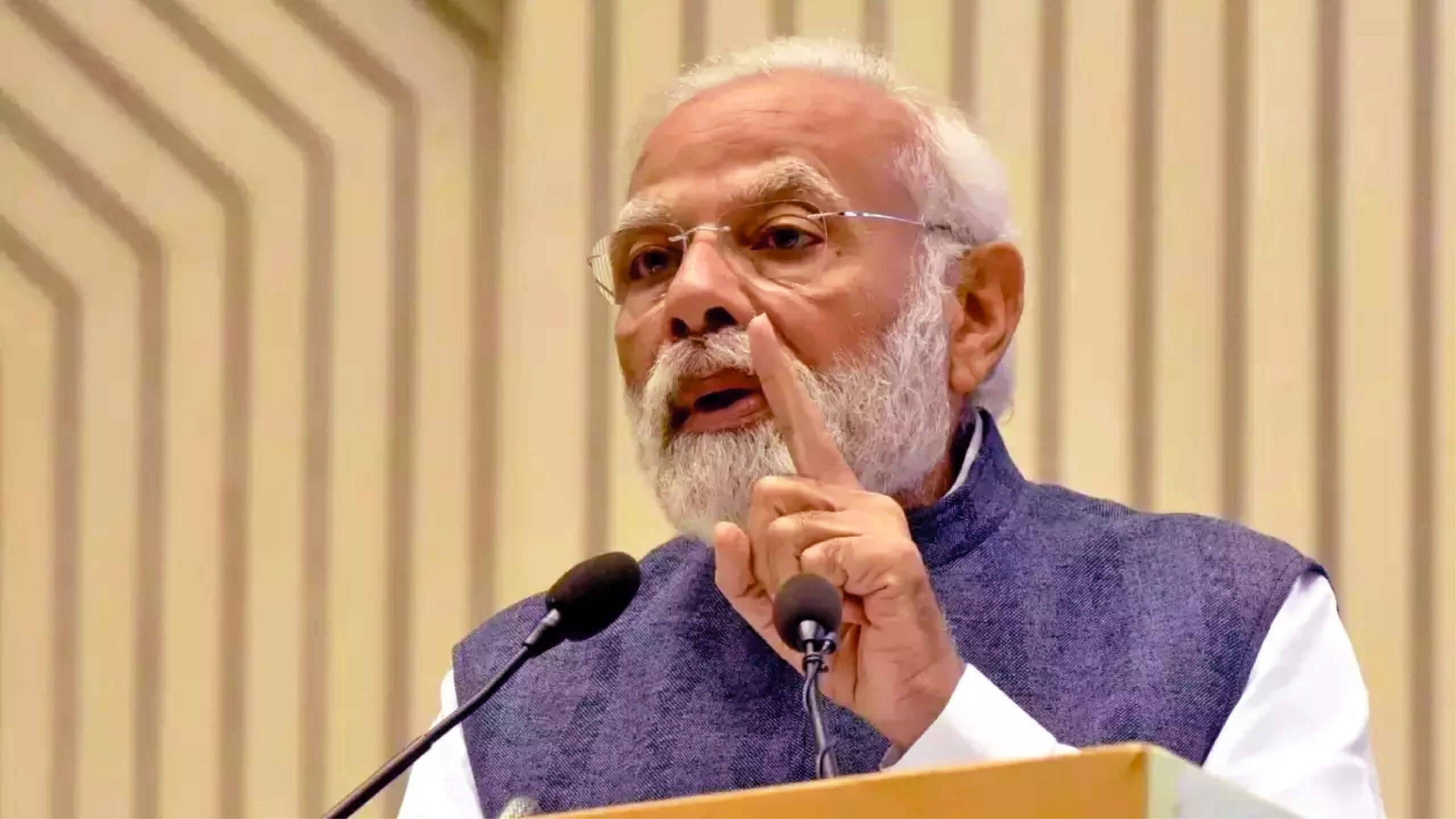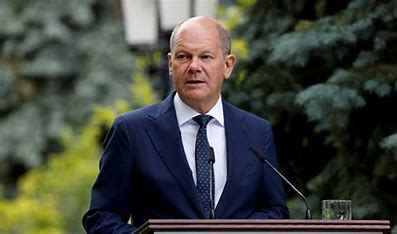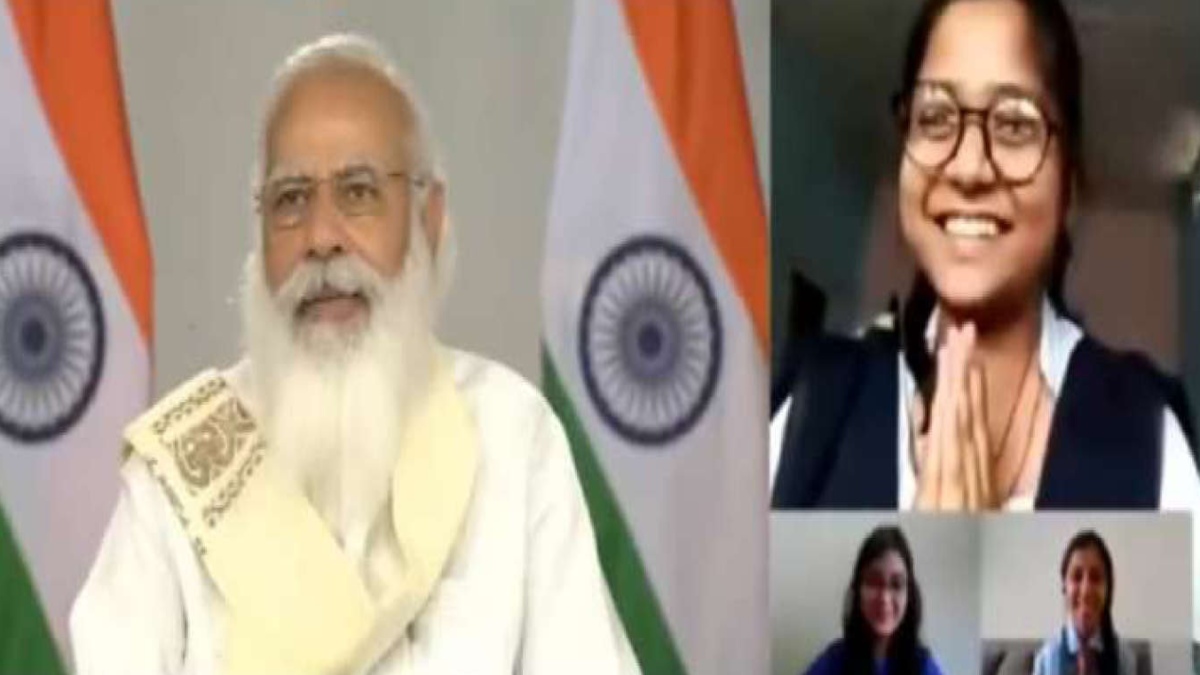
The decision of the Union government following which several boards, both Central and states, have cancelled board examinations for Class XII students throughout the country, would have serious ramifications. In fact, the decision could affect lakhs of students, not only in terms of pursuing their dreams but would simultaneously deprive them of being judged on the basis of their collective knowledge of the theory as well as practical aspects, particularly in science subjects. Those desirous of going abroad for higher studies could face a blockade since many foreign universities may or may not accept the formula for their evaluation, as devised by various boards or the government. In short, there would have to be a change of plans. The absence of the examination would also pose a major challenge for the universities that have to take up students in various courses in their undergraduate programmes.
The pandemic that has altered many normal activities, could even force the universities to devise a system for promoting or evaluating the final-year students of various courses. There are experts who believe that statistical methods were available in determining the pass percentages of students on the basis of their performance in the last three years of their results. This would be essentially based on internal assessments that can be objective or subjective, depending on the teachers. There are instances where students follow the curriculum of their choice till Class X and then suddenly switch over to new subjects or schools in the final two years. What happens in such cases? How would they be judged?
The examination system over the years has become diluted and though parents constantly claim of great stress on their wards on account of pressure, the Class XII Board exams merely are the evaluation of the final year in school. Earlier there were more stringent methods and before the ten plus two was introduced, students appeared for the various boards that covered a three-year syllabus. Over the years, those in-charge of determining the education methods, have evolved their own new methods; obviously, they know what they are doing. However, the examination system in the country leaves a lot to be desired and does not necessarily evaluate students as per the capability but through a mechanism which has its own limitations. There are bright students who can excel under any methodology but their number is very small. By and large, students are examined in a very superficial way that sometimes leads to unbelievable results. Could anyone ever imagine a student getting virtually cent percent marks in languages? But every year there are those who score near to 100 percent marks, say in English or Hindi, even though their grasp over the language and its literature is suspect.
The cancellation of the exams would also have an impact on joint entrance examinations conducted for professional courses and may force the authorities to devise new means to do so. Covid-19 has affected every sphere of life and more so the lives of young students who have a whole career ahead of them. With cancellation of the exams, many have been put at a disadvantage. Therefore, whatever the government decides must keep in mind the interests of the students rather than going merely by the advice of the bureaucracy. T.S. Eliot’s famous lines say it all: “Where is the life we have lost in living, where is the wisdom we have lost in knowledge, and where is the knowledge we have lost in information.” The education policy must keep the overall development of a student in mind rather than stressing him with unwanted information.
